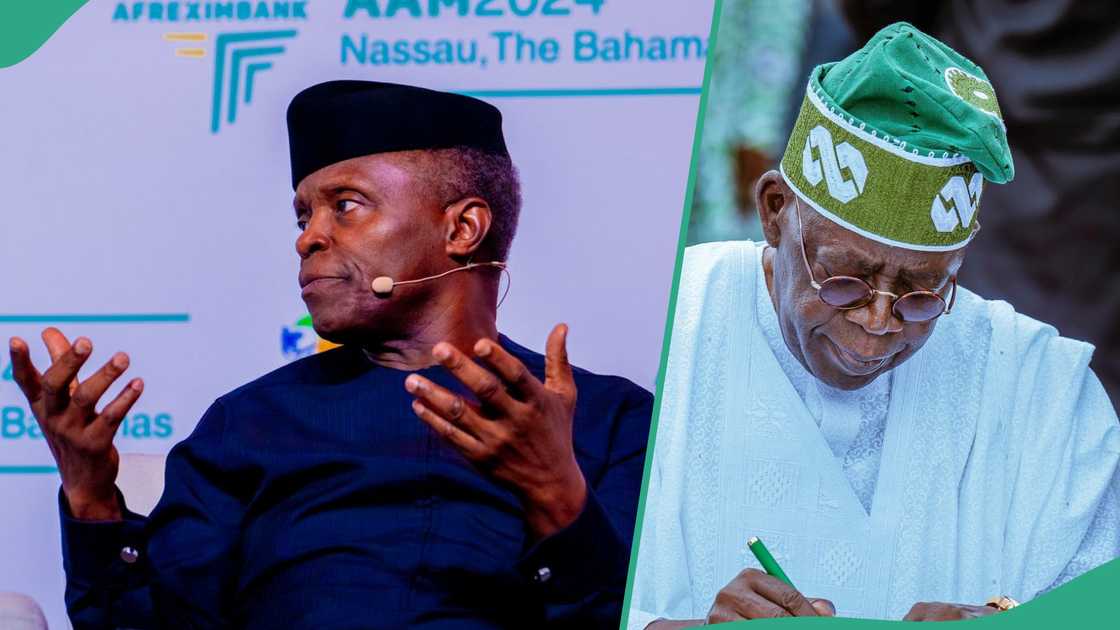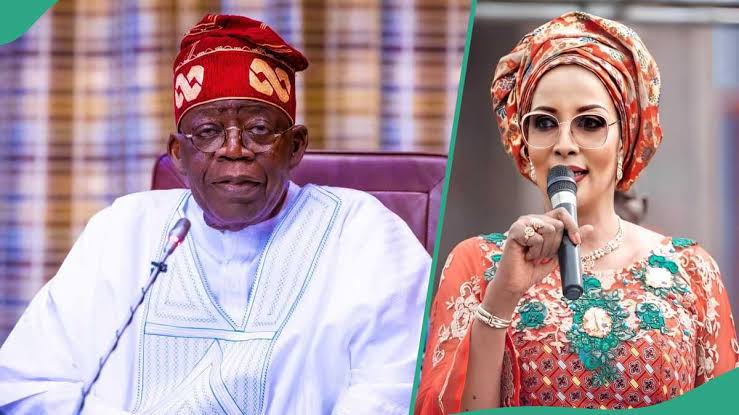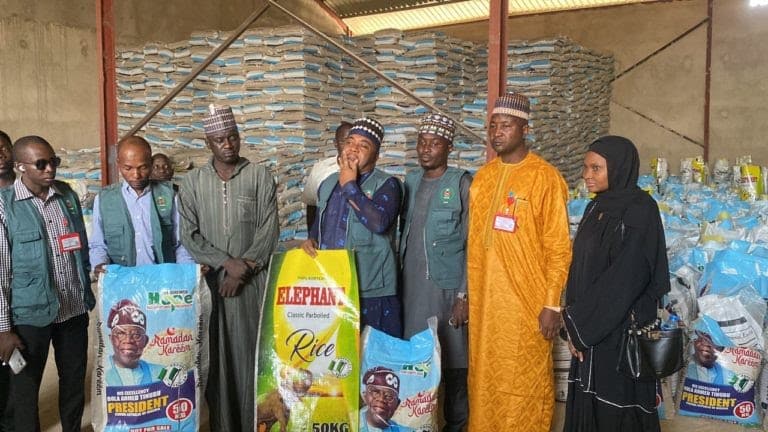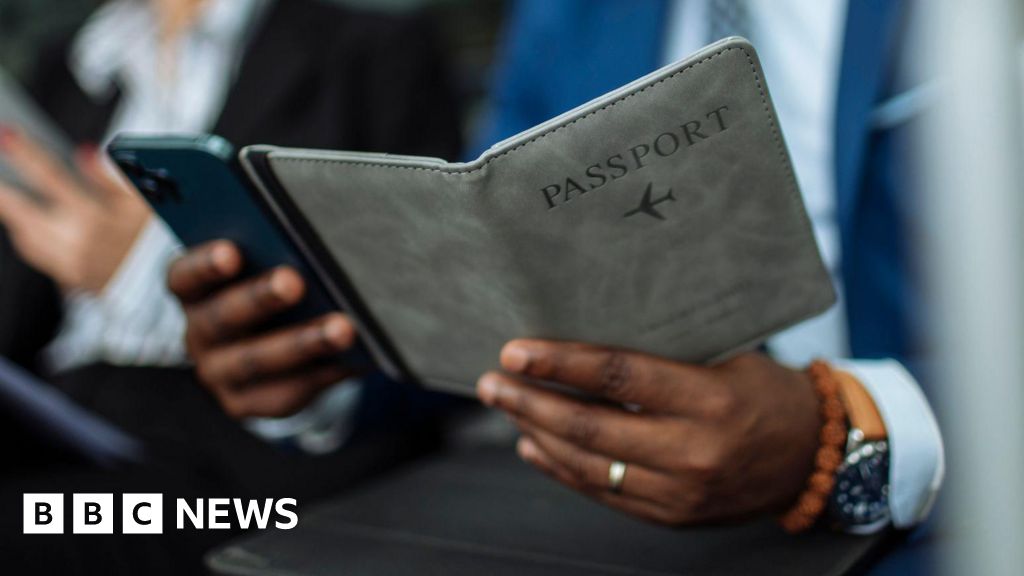- Yemi Osinbajo, the former vice president, has urged President Bola Tinubu to prioritise the welfare of Nigerians amid economic hardship
- The former vice president emphasized the urgency for social welfare programmes and accessible healthcare
- Osinbajo also lamented the high level of literacy, particularly in the northern part of Nigeria, adding that such would make development difficult
Former Vice President Yemi Osinbajo has called on President Bola Tinubu to prioritize Nigerians' welfare amid the country's economic struggles. Speaking at the 2024 Women in Management, Business, and Public Service (WIMBIZ) conference, Osinbajo emphasized the urgent need for social welfare programmes and accessible healthcare.
Osinbajo noted that "the cost of living is overwhelming Nigerians' hope for survival," saying that many Nigerians are struggling with rising costs of essentials like food, transportation, and housing. Osinbajo also highlighted the growing issue of food insecurity, particularly affecting children, and called for stronger support systems to ensure basic needs are met.

Source: Twitter
Osinbajo laments illiteracy in Nigeria
Vanguard reported that he addressed the country's literacy challenges, especially in the northern region, where he said over 67% of women are illiterate. He warned that this will hinder development, as "a country where half the population is socially and economically disempowered due to illiteracy will find development difficult, if not impossible."
To tackle these issues, Osinbajo stressed the need for large-scale social interventions that address systemic problems, including literacy and economic empowerment. This echoes the World Bank's efforts to support Nigeria's social protection programs, such as the National Social Safety Net Program Scale-Up (NASSP-SU), which aims to provide shock-responsive safety net support to poor and vulnerable Nigerians.
Osinbajo praised WIMBIZ for exemplifying resilience in pursuing impactful change, emphasizing that success requires perseverance through challenges. He also acknowledged the unique pressures faced by Nigerian entrepreneurs, who often feel compelled to maintain an image of success that exceeds their business's financial reality.
Source: Legit.ng















 English (US) ·
English (US) ·